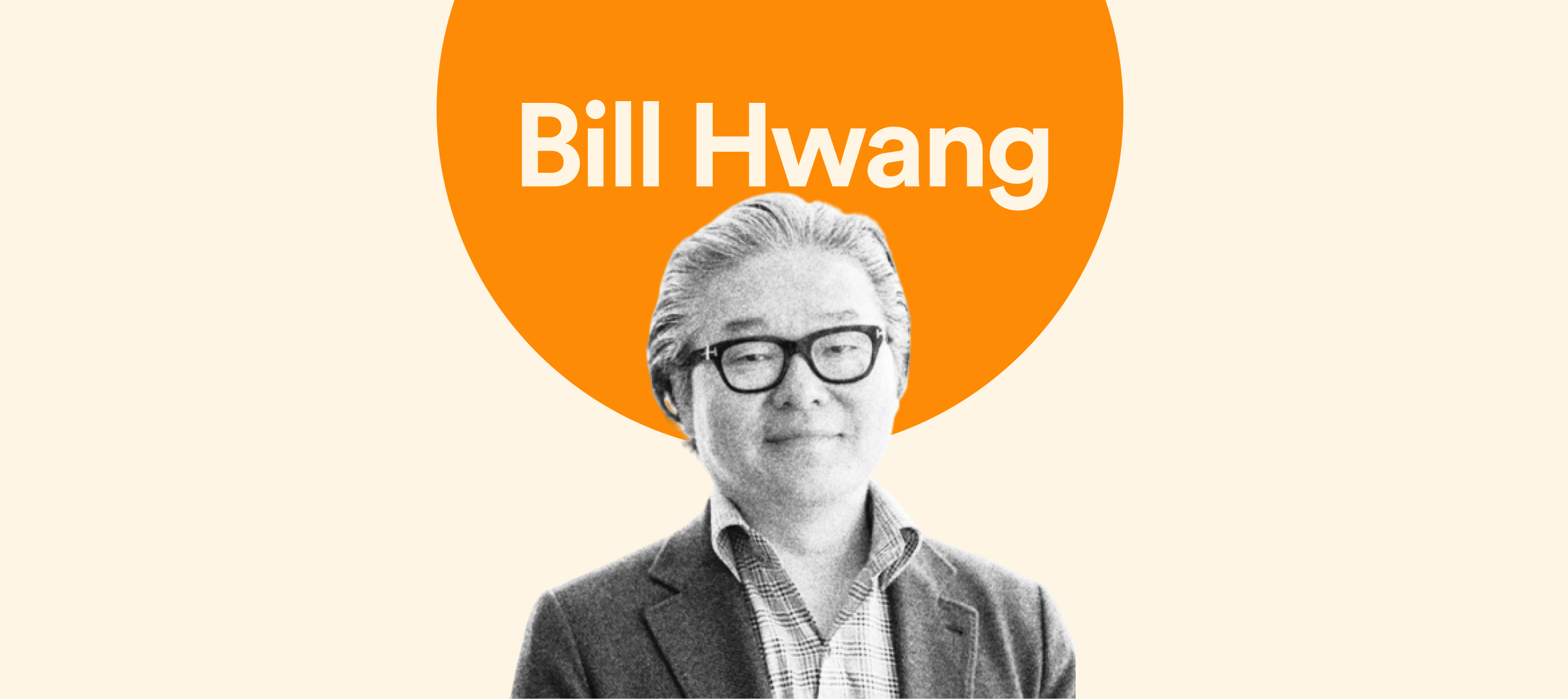Updated on June 18, 2022 by Accrue
Dive into the story of Bill Hwang. A great investor who risked and lost it all because he had poor risk management.
Bill Hwang started out working for Julian Roberts, a former hedge fund manager and American investor best known for founding Tiger Management in 1980, which became one of the most notable hedge funds of its generation.
Later on, in Bill’s career, he started his fund – Tiger Asian management, where he managed over $5b in assets. It was typical of him to borrow money to invest, make outsized returns, pay back, and still have a lot of profit to himself. As time went on, he had made so much money with this approach.
In 2012, it would seem like it was all a house of cards as he was accused of insider trading in Chinese bank stocks. After pleading guilty to the charge, he had to pay $44M to settle the case with the regulators. This event led him to draw the curtains on his fund; he was blacklisted and couldn’t borrow money from the investment banks anymore.
One year later, he got back into the game. This time, he started his family office – Archegos capital management. At this time, all he managed was $200m of his own money. He ran his family office for 8 years, and in that time, he turned his $200m to $20b by 2021. On March 26, 2021, one of his holdings, ViacomCBS(VIAC) dropped 20% in days. Bill didn’t use any risk management strategy and his entire portfolio was wiped out.
A few lessons beginners can learn from this:
- Don’t borrow money to invest: Many people borrow money to invest because they’ve somehow convinced themselves that they’re sure of what the market is going to do. Only invest the money you have per time.
- Never invest in volatile assets like stocks and cryptocurrencies with money that you need for your daily upkeep – this already reeks of poor risk management. Unlike many tend to believe, no amount is too small when you decide to invest. Remember the saying, ‘little drops of water make a mighty ocean?’ It applies to investing too. As a beginner, you can start a low-risk investment plan with as little as $1
.
- No one knows what the market is going to do next. Not you, not me, not even the expert investors. Rather than trying to figure out the market, smart investors use dollar-cost averaging. It simply means investing a fixed dollar amount daily, weekly, or monthly. This strategy protects beginner investors from having to deal with the adverse effects of market volatility.
- Don’t dive in all at once: As a new investor, investing your entire sum all at once isn’t always a good idea. The market has a mind of its own and will sometimes prove you wrong. Rather than trying to seek quick gains, use the best investment style for beginners. Timing the market takes a lot of work and expertise that beginners don’t have. Does this mean that beginners cannot benefit from investing? No, it doesn’t. It just means that beginners should explore more options that help them minimize their risk & maximize their profit.
- Never let greed creep in: Greed is one of the biggest reasons some investors lose all their wealth to investing and declare bankruptcy. Never take up more risk than you can afford to bear. To do this effectively, you need to understand the kind of investor that you are. Are you a low-risk, medium-risk, or high-risk investor? If you’re a low-risk investor, you might want to do a bit of research on assets that suit low-risk investors, while being mindful of market volatility. Some assets are grouped based on risk appetite & data-driven personal preferences to help beginners make the best decision.
The investment app for beginners. Auto-invest in crypto & stocks with minimal risk. Available worldwide on the Play & App Store.
